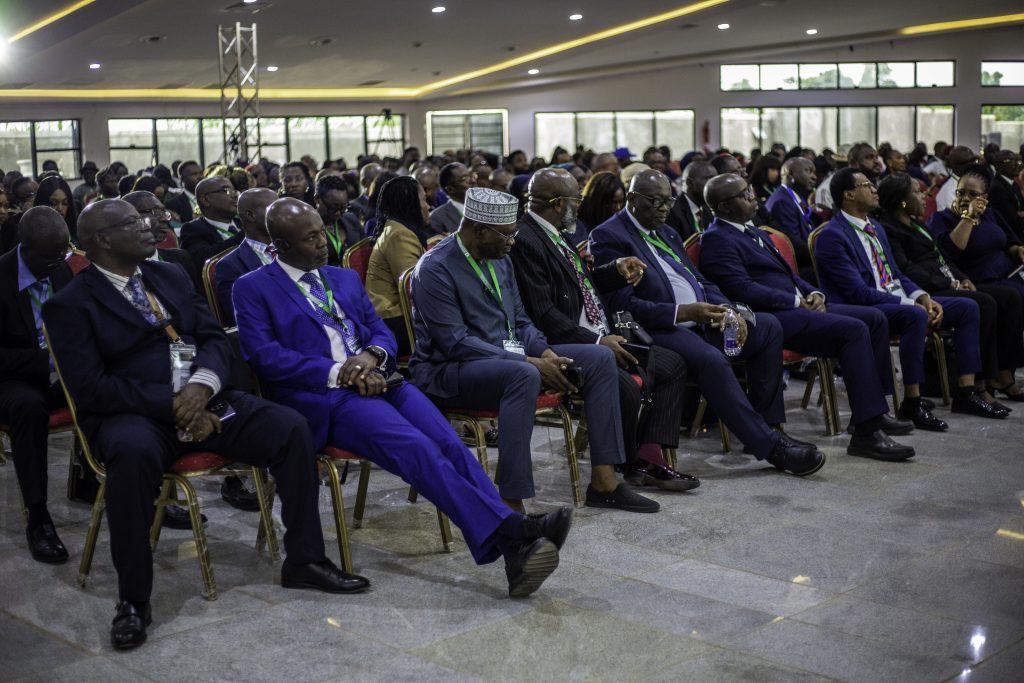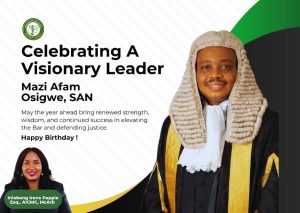At the just-concluded Nigerian Bar Association Annual General Conference (NBA-AGC 2025) in Enugu, one of the most anticipated breakout sessions was held on 25th August 2025, themed “Unbundling Tax Reforms.”
The session drew a packed audience of legal practitioners, policymakers, tax professionals, and business leaders, all eager to interrogate the scope and implications of Nigeria’s most ambitious tax overhaul in decades.
The discussion was coordinated by Temidayo Akeredolu and moderated by Etigwe Uwa, SAN, with an eminent panel featuring Mathew O. Gbonjubola, Hajara Bolanle Oniyangi, Tony Ejinkeonye, and Michael Ango.
What Was Discussed
Speakers unpacked the far-reaching changes in Nigeria’s tax landscape, touching on:
- Scope of Reforms: Restructuring of key tax institutions, enhanced enforcement mechanisms, and alignment of fiscal policies to plug leakages.
- Economic Impact: While reforms promise higher revenue for government, the unpredictability of new compliance demands could unsettle businesses, especially SMEs.
- Equity and Fairness: Concerns were raised about multiple taxation and uneven enforcement, which may discourage investment and widen inequality if not addressed.
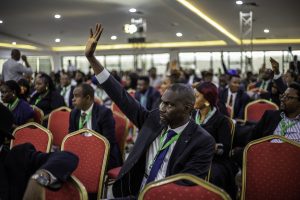
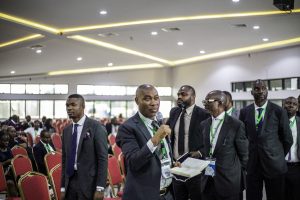
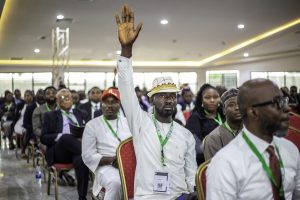
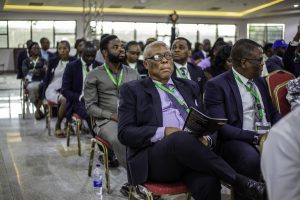
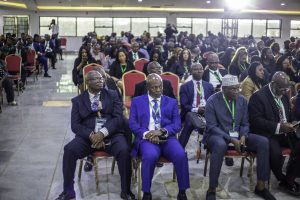
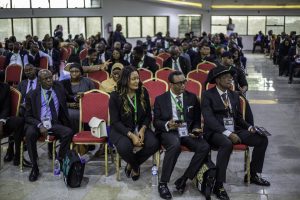
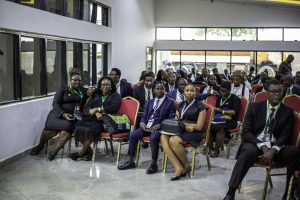
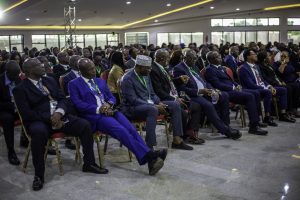
Mathew O. Gbonjubola, a leading voice in fiscal policy, unpacked the reforms, noting:
“We are witnessing a restructuring of our tax system at a scale unseen in decades. But reform is only as good as its execution — we must simplify compliance and reduce duplications.”
From the private sector perspective, Tony Ejinkeonye raised concerns over the burden on SMEs:
“Small businesses are the backbone of this economy. If reforms are perceived as punitive rather than enabling, we risk strangling the very enterprises that create jobs.”
Hajara Bolanle Oniyangi stressed the importance of fairness and inclusion:
“Equity must remain central. Taxation should not be seen as a punishment, but as a shared responsibility that supports growth and development.”
Concluding, Michael Ango called for stronger institutions and digital transformation:
“We must leverage technology to close leakages, minimize discretion, and build trust. Transparency will be the true test of these reforms.”
Opportunities Highlighted
Panelists agreed that if properly managed, the reforms could:
- Expand the tax base and reduce dependence on oil revenues.
- Improve transparency and accountability in public finance.
- Build trust between taxpayers and government, encouraging voluntary compliance.
Recommendations Put Forward
- Simplification & Harmonization: Tax processes should be streamlined across federal, state, and local governments to end duplication and confusion.
- SME Protection: Policies must be sensitive to small and medium-sized enterprises to prevent stifling innovation and growth.
- Digitalization of Enforcement: Modern technology should be deployed to minimize human discretion, block leakages, and enhance efficiency.
- Stakeholder Collaboration: Government must engage businesses, professional bodies, and civil society to foster shared responsibility for reforms.
Closing Notes
The session concluded with a resounding consensus that Nigeria’s fiscal future depends not only on bold reforms but also on fair, transparent, and inclusive implementation. By striking the right balance between revenue generation and economic growth, the reforms could set Nigeria on a more sustainable path.
The NBA-AGC 2025 in Enugu thus provided not just a platform for networking but also a space where critical national conversations were advanced, reaffirming the Bar’s role as a thought leader in shaping governance and economic policy.


